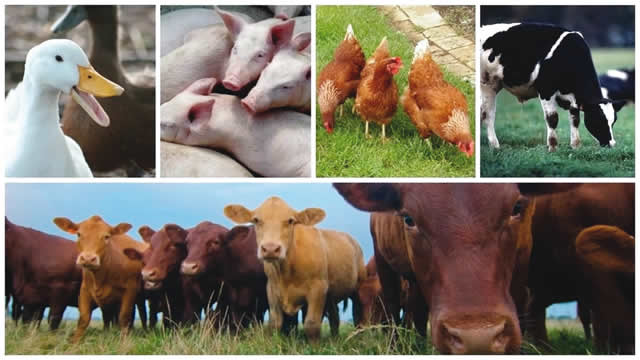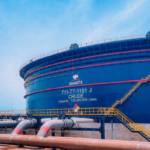
The Project Co-ordinator, Livestock Productivity and Resilience Support Project, Kogi State Project Implementation Unit, Dr Olufemi Bolarin, disclosed that the project has commenced and it is expected to cover 21,000 direct beneficiaries and 9,000 women beneficiaries in the state.
Speaking in Lokoja during a two-day workshop organised for members of the L-PRES Project Implementation Unit on Friday, Bolarin said the aim of the project was to improve livestock production through the commercialisation of the business to enhance profits for livestock farmers in the country.
He noted that the workshop was convened to share concepts, processes and philosophies that would drive the implementation of the project in the state.
Bolarin explained that the World Bank, in its quest to support livestock production has invested in the life cycle of the project across the country to the tune of $500m, adding that state governments have already paid their resettlement funds for the project to commence.
He said, “The states have given us the enabling environment for the project to commence. The target beneficiaries are the livestock farmers, and we are planning that at the end of the day, we should be able to reach directly to 50,000 livestock farmers in Kogi State and out of this figure, 30 per cent would be allocated to women.
“Even those who rear animals at home, those operating at small, and medium and large scale levels will benefit from the project and they will make a lot of profits from the business.”
Bolarin, who hinted that L-PRES will soon commence profiling of livestock farmers in the state, assured that the exercise would last six years.
“To qualify for the project as a beneficiary, you must have livestock either on micro, small, medium or large scale” he stated.
Speaking on the incessant clashes between farmers and herders, the project coordinator attributed the crises to heavy competition for natural resources and assured them that the project would invest $40m to establish small, medium and large-scale ranches.
“Grasses would be produced in large quantity. Animals will have enough food to feed on, and the issue of crises that often erupted between the farmers and herders will be minimised if, not eradicated,” Bolarin said.





